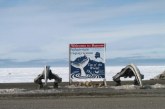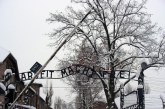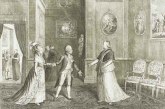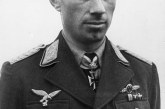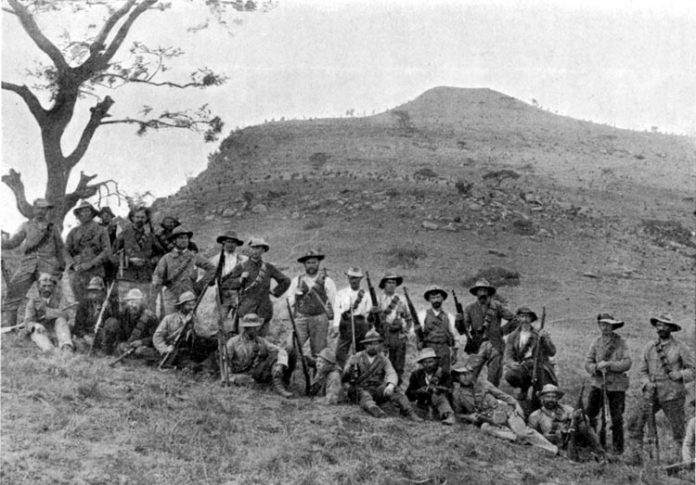
The Spion Kop battle took place on January 24, 1900, during the Second Boer War (1899-1902). The Buri, mostly descendants of Dutch colonists in South Africa, fought against the spread of British colonial influence in the region. At the beginning of the war, they were outnumbered at large and surrounded a large British garrison in the town of Ladysmith in eastern South Africa.
The battle happened when the British tried to break the siege of the city. It was their second attempt – before that they took a frontal assault on Boer positions at the Battle of Colence, where they were infamously defeated. They have now decided to attack the Boer positions across the Tugela River from two directions. However, the British army was moving very slowly. In part, this was due to the extravagant demands of British officers – for example, General Charles Warren brought a well-equipped cast iron kitchen and bathroom to his car. For this reason, the Boers anticipated their movements and established new defensive positions where the British intended to cross the river.
The British then realized that they could gain the upper hand if they were able to mount their superior artillery on the nearby Spion Kop hill. They attacked under the aegis of the fog and chased away a few Boer forces on it. However, the fog, unfamiliarity with the terrain and lack of tools prevented them from establishing a valid defensive position. Even worse, they did not realize that they had taken positions on the lower part of the hill, which allowed the Burma to shoot them more easily. The British resisted for a long time and even carried out a fruitless counterattack. The British brought in reinforcements twice, but the result was still a pat position. Eventually, both sides withdrew thinking that the other had taken the hill. It was not until the next morning that the Boer Scout realized what had happened, so they took the hill again.
Although the British hired 20,000 troops and 36 cannons against Burr’s 8,000 troops and 6 cannons, the British suffered about 1,500 losses, and the Buri only 350. One interesting thing to note is the fact that young Winston Churchill participated on the British side as a messenger and Mohandas Gandhi, who carried the wounded.

